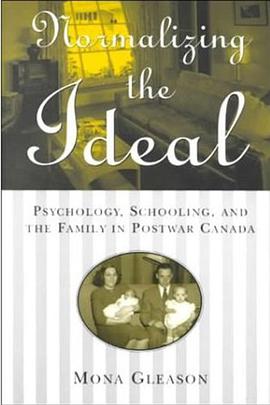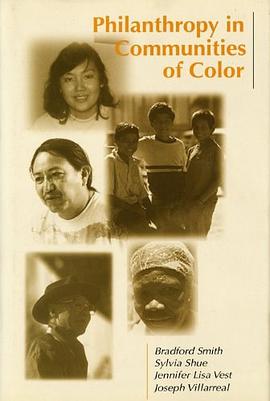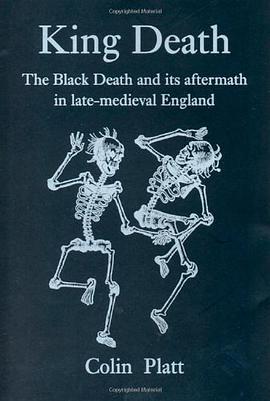

具体描述
Homemaker mom, breadwinning dad who played hockey with his son on the weekends, one brother or sister, this was normal Canadian life in the fifties, right? Well, not quite, but author Mona Gleason argues that Canadian psychologists were in part responsible for this fiction of normalcy.Postwar insecurity about the stability of family life became a platform on which to elevate the role of psychologists in society. Moving outside the universities with radio shows and child-rearing manuals, these figures of authority changed the tenor of parental and familial concern from physical to mental health. Influential psychologists like Samuel Laycock and William Blatz spread their own vision of life as the healthy goal for which society should strive. Their ideal of 'normal' reflected and helped entrench the dominant white, Anglo-Celtic, patriarchal vision of life. Those who did not fit the model due to skin colour, class, or ethnicity were marginalized or silenced, and, as Gleason's innovative feminist approach emphasizes, whether male or female, simply trying to fit within the prescribed gender roles inevitably led to alienation.This history of psychology and its effects asks new and necessary questions about the role of the social sciences in shaping the private experiences of ordinary Canadians.
作者简介
目录信息
读后感
评分
评分
评分
评分
用户评价
相关图书
本站所有内容均为互联网搜索引擎提供的公开搜索信息,本站不存储任何数据与内容,任何内容与数据均与本站无关,如有需要请联系相关搜索引擎包括但不限于百度,google,bing,sogou 等
© 2026 book.quotespace.org All Rights Reserved. 小美书屋 版权所有




















